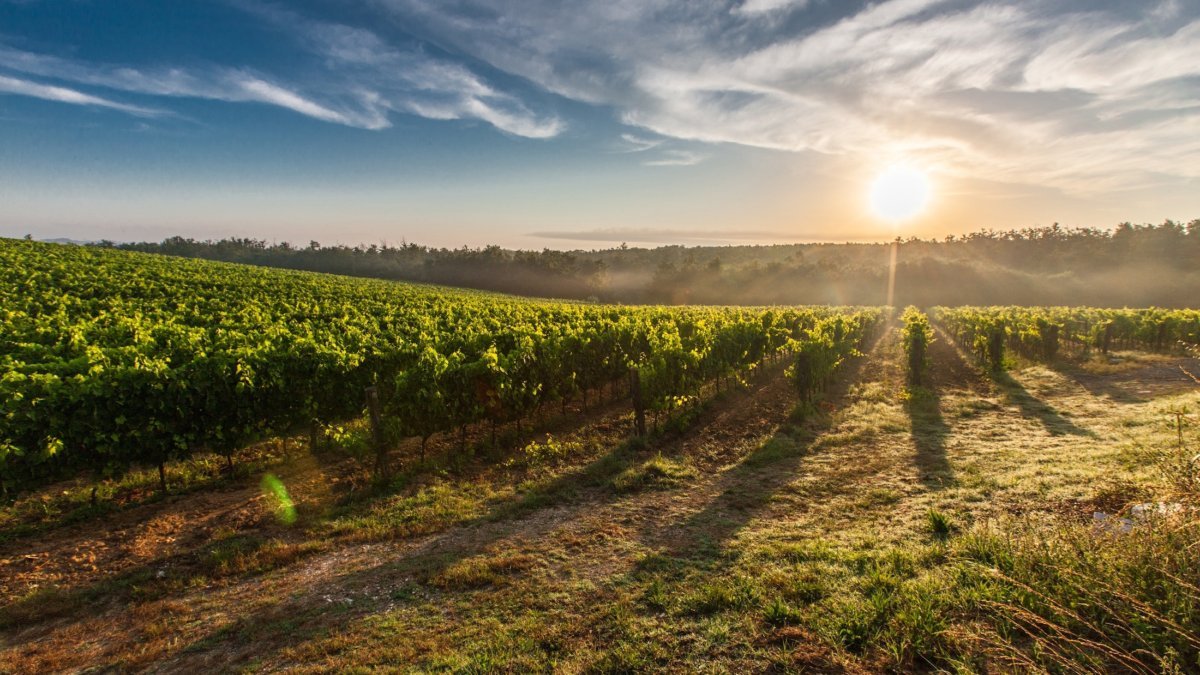
Written by Anna Di Ronco
People in Puglia, a region in the south of Italy, are protesting against the building of the so-called TAP pipeline, which aims at bringing gas from Azerbaijan to Europe through Italy. They have expressed their dissent and concerns through protests, discussion meetings, buskers’ performances and concerts—all organised mostly in San Foca (right outside the construction site) and Melendugno. In a few instances, also clashes with the police have happened. This notwithstanding, national media have not reported that much on this pipeline. In particular, not that much has been said on the reasons for the protest.
Why do people in Puglia oppose this pipeline?
This is a question that led my colleagues, Dr James-Allen Robertson and Professor Nigel South, and I, to research this protest on Twitter—the social media mostly used for political protest. In an article published in 2018 in Crime, Media and Culture, we illustrate the many reasons why people do not want this pipeline. We have collected tweets through the setting up of a ‘Listener’ tool, which utilized Twitter’s streaming API allowing the tool to monitor for and collect Tweets in real-time. Running 24 hours a day on a remote server, the Listener could ensure that we collected a comprehensive dataset of #notap tweets during the collection period which ran from June to August 2017. So, why do people on Twitter oppose this pipeline? Mostly, because it affects their health and economy (fishing and olive oil production), and harms the environment, in particular, the ‘land’ and century-old olive trees, which are being removed from a large area around the construction site. The TAP pipeline is also seen as a project that does not bring any benefit to the local community, representing the interests of a ‘criminal’ corporation colluded with the government, authoritarian regimes and organized crime groups. People on Twitter have represented the NOTAP protest as peaceful and inclusive: everyone in the community—including old people, families and children—have participated in organised events. Twitter users also describe the excessive and violent reactions against the protesters of the police, which have happened a few times, and their sanctioning of activists with onerous fines.
What’s next?
We have recently been awarded funding by the British Academy/Leverhulme Trust to carry on with this research. Thanks to this grant, I’ll go to Puglia in April and research the protest offline. Meanwhile, my colleague James is collecting #notap posts on Twitter through the set-up Listener. Following the ethnographic fieldwork, we will then analyse the data and compare the online and offline representations of the protest. The project also aims to develop and demonstrate cutting edge methodological techniques for the collection and analysis of large scale social media datasets, and the utilisation of images in particular. We will keep you posted!